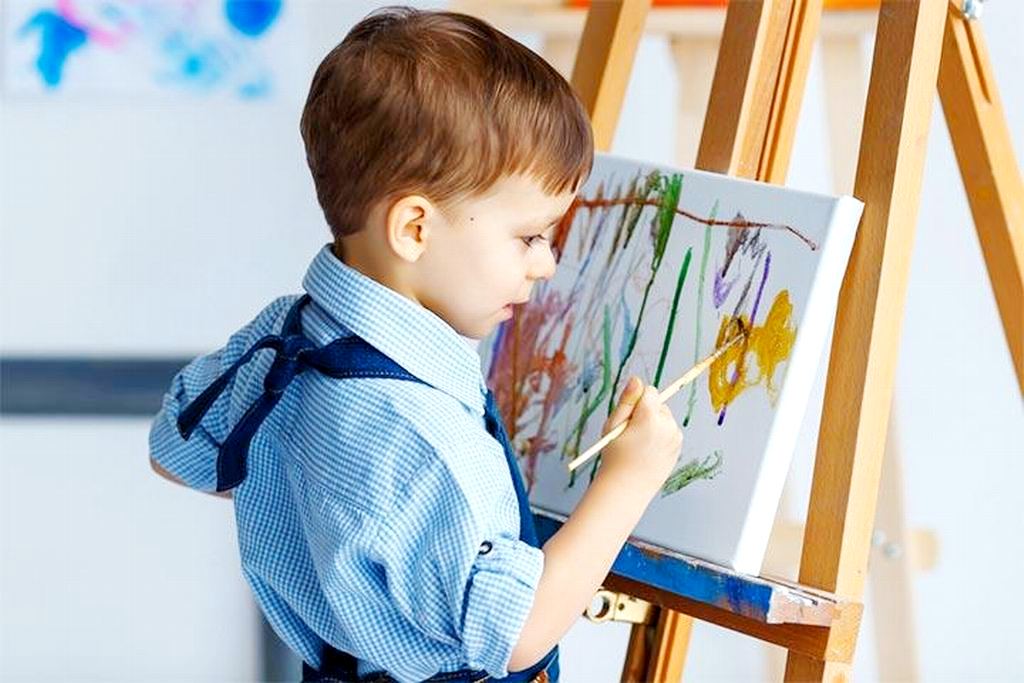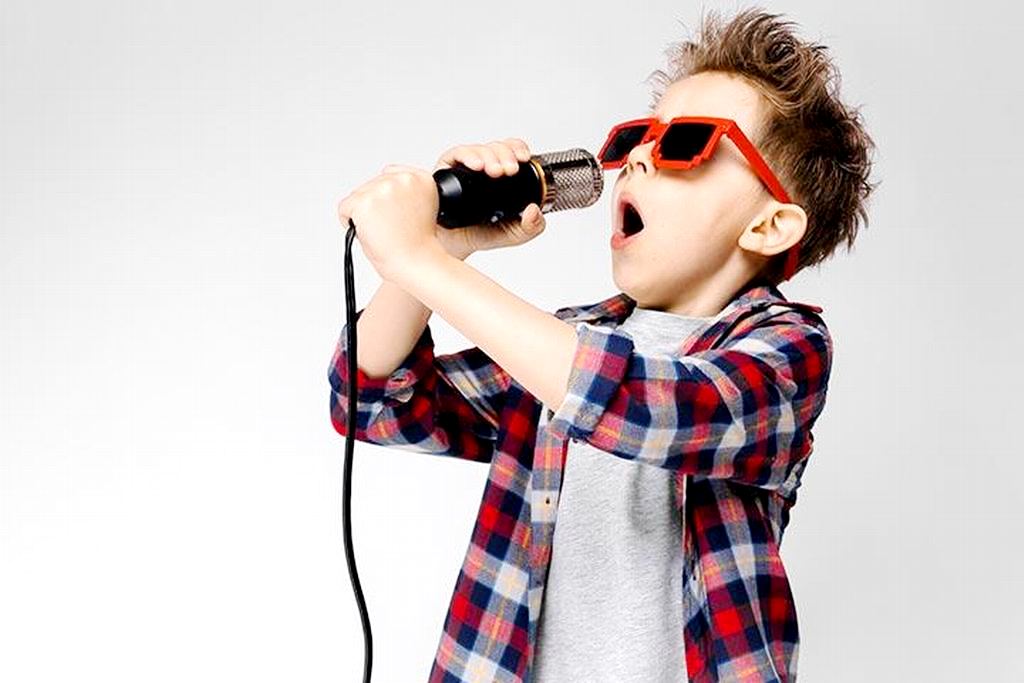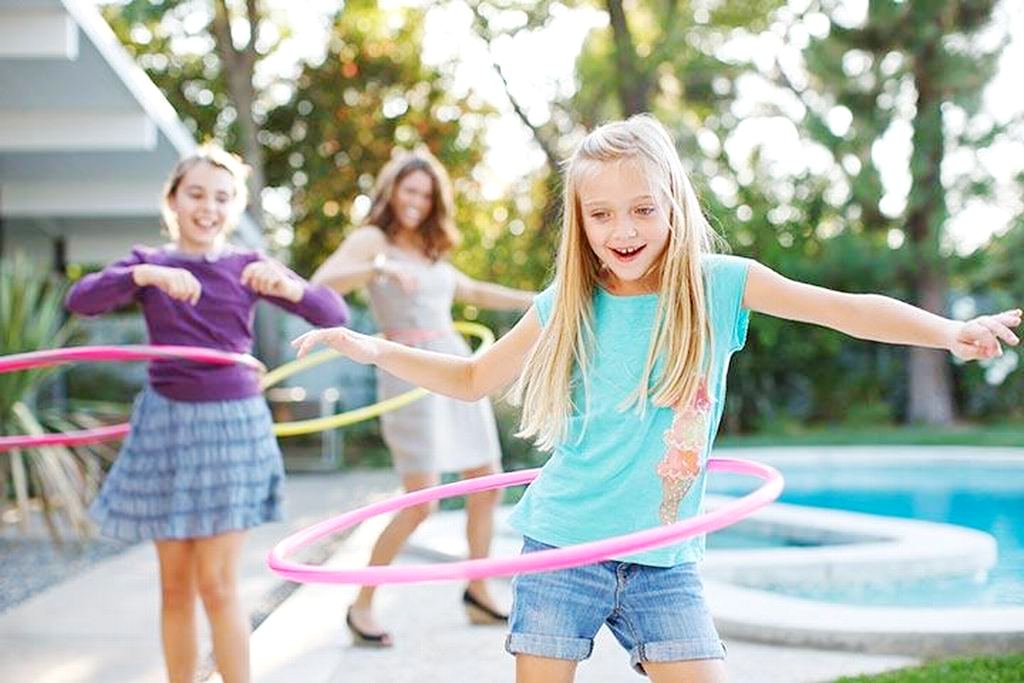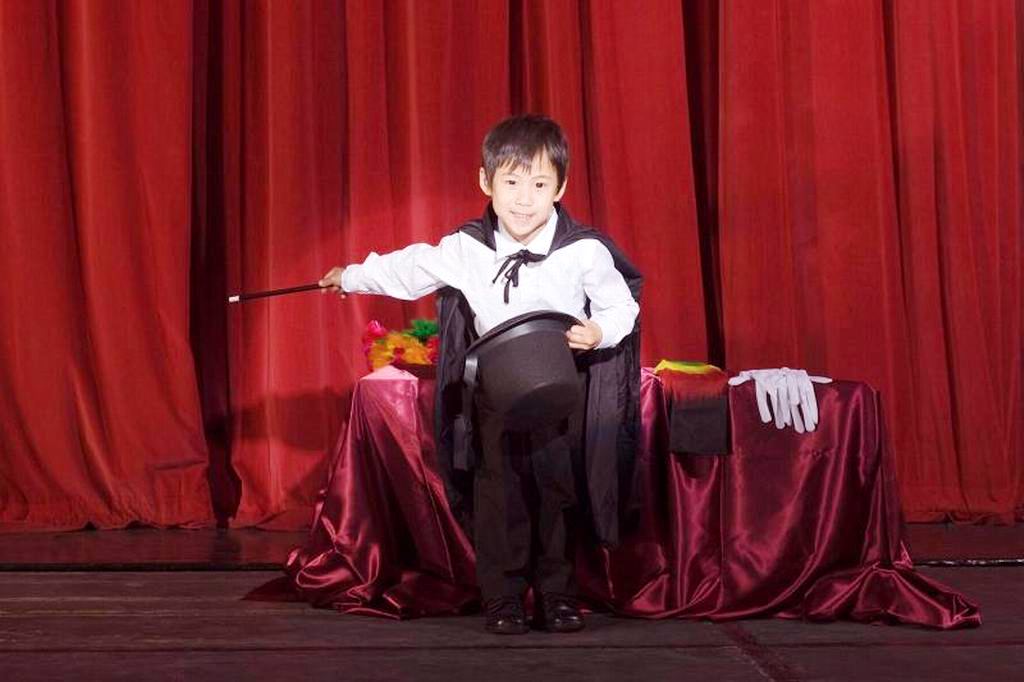Winning Talent Show Ideas for Every Type of Talent
Talent Show Ideas for Kids: Cultivating Creativity and Confidence
Introduction
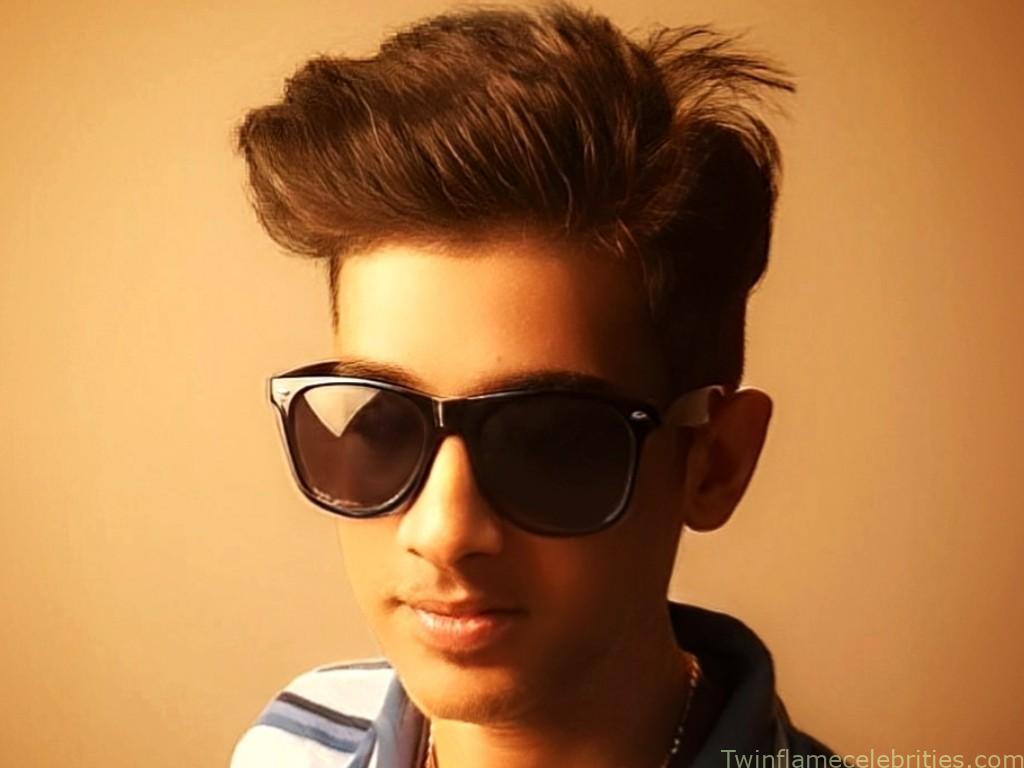
Talent shows have long been a popular means of encouraging children to showcase their unique skills and abilities. These events provide an excellent platform for kids to express themselves, build confidence, and develop important life skills such as teamwork and public speaking. In recent years, schools and communities have increasingly organized talent shows, catering to various talents ranging from singing and dancing to science demonstrations and magic tricks. This essay will explore innovative talent show ideas for children, their benefits, and how they can be implemented effectively in educational and community settings.
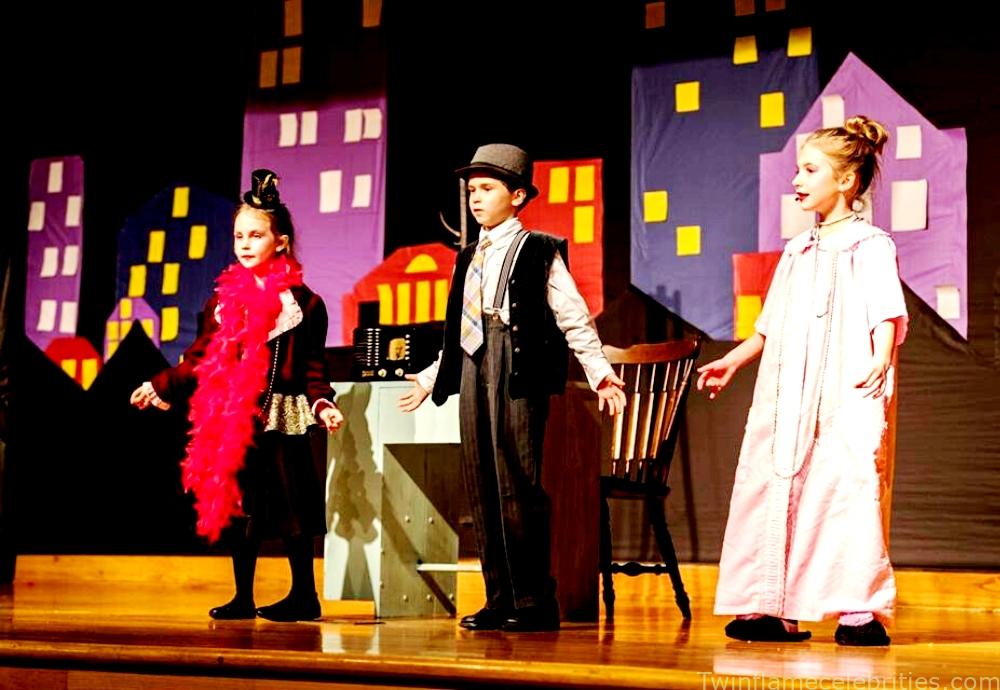
- Diverse Talent Categories
One of the essential aspects of organizing a successful talent show for kids is ensuring diversity in the talent categories. Traditional performances like singing and dancing remain popular. However, integrating different forms of art can enhance engagement and inclusivity. Here are some ideas that can be incorporated into a talent show:
a. Performing Arts: Beyond singing and dancing, consider adding categories for poetry reading, dramatic skits, and stand-up comedy. A poetry slam could allow children to express their thoughts on various subjects. Skits can highlight teamwork and creativity, while stand-up comedy fosters confidence and humor.
b. Visual Arts: Instead of live performances, children could showcase their visual arts talents. This could include painting exhibitions, sculpture displays, or photography exhibits. A segment in the show can allow them to explain their artwork, integrating speaking skills as well.
c. Science and Technology: In an age dominated by technology, science-related performances are engaging and educational. Children could perform simple science experiments, demonstrate coding skills, or present innovative projects. A “science fair style” section could highlight projects and findings.
d. Culinary Skills: A cooking demonstration can be both entertaining and educational. Children can prepare simple dishes while explaining the process, ingredients, and nutritional value. If cooking is too complex, baking simple items such as cookies or cupcakes can be integrated with prior preparation.
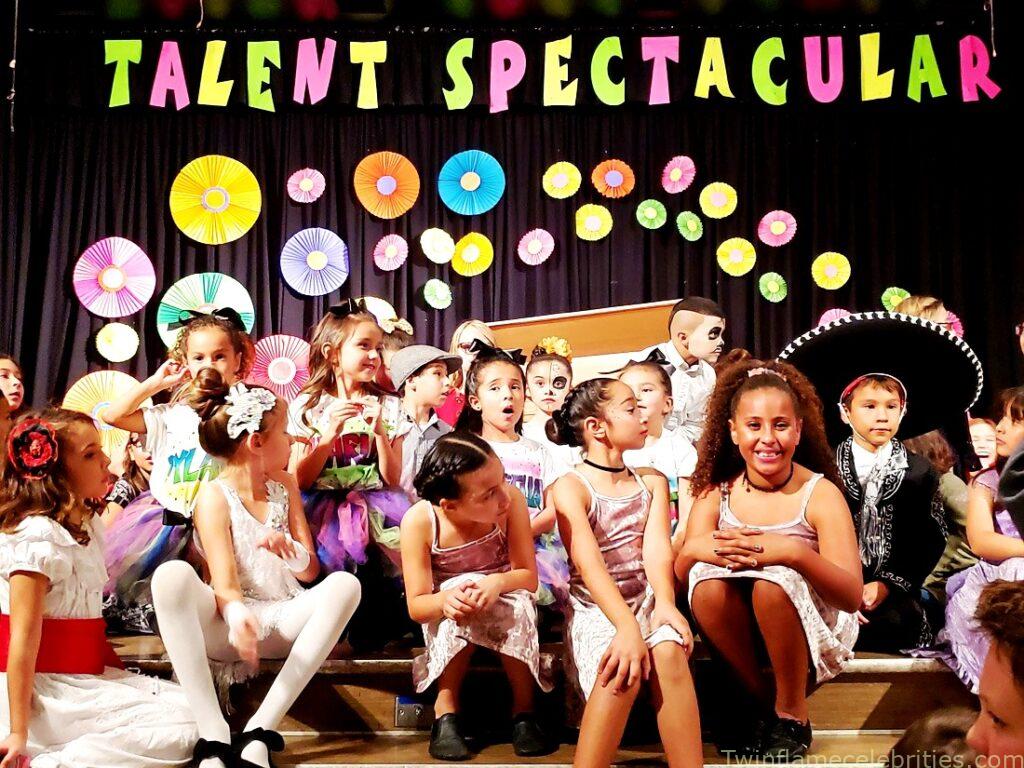
- Audience Participation
Engaging the audience is crucial in any performance event. A talent show for kids should not only focus on the performers but also involve the attendees. Here are some strategies to promote audience participation:
a. Interactive Voting: Using an audience vote can make the show more engaging. Attendees could vote for their favorite acts using smartphones or through simple ballot boxes. This engages the audience and allows them to feel part of the event.
b. Q&A Sessions: After each performance, a brief question and answer session can be conducted. Audiences, particularly children, could ask performers about their talents, inspirations, or experiences. This enhances the interaction between performers and the audience.
c. Workshops: Before the talent show, small workshops can be organized to familiarize the audience with the performing acts. For example, a dance workshop can allow kids to learn a few steps that they can then perform along with the dancers during the show.
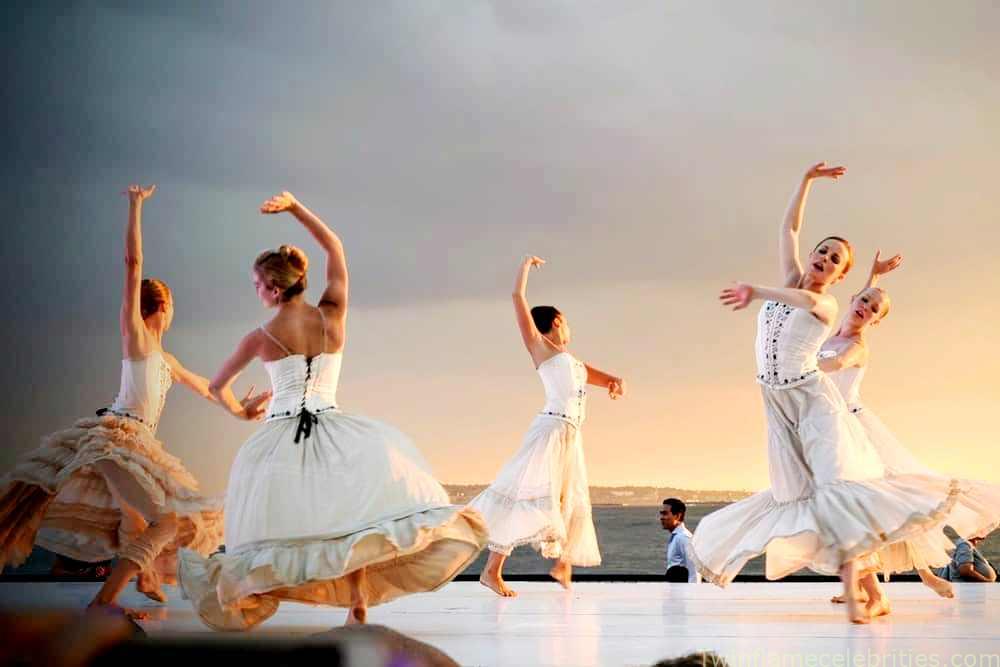
- Themes and Special Features
Organizing the talent show around a specific theme can create excitement and anticipation. Themes such as “Around the World,” “Future Innovators,” or “Superheroes” can guide participants in selecting their performances. This approach encourages creativity and originality. Special features can enhance the theme, including:
a. Costumes and Decorations: Encourage participants to dress according to the theme. Costuming can add a layer of fun and allow kids to explore characters and narratives visually. Decorations in line with the theme can create an immersive experience.
b. Guest Performers: Inviting special guests, such as local artists or high school performers, can inspire younger children. Guest performances can also serve as a bridge promoting mentorship and promoting aspirations in younger participants.
c. Award Categories: To motivate participants further, introduce various award categories such as “Most Creative,” “Best Teamwork,” or “Audience Favorite.” These awards should emphasize effort and creativity rather than competition.
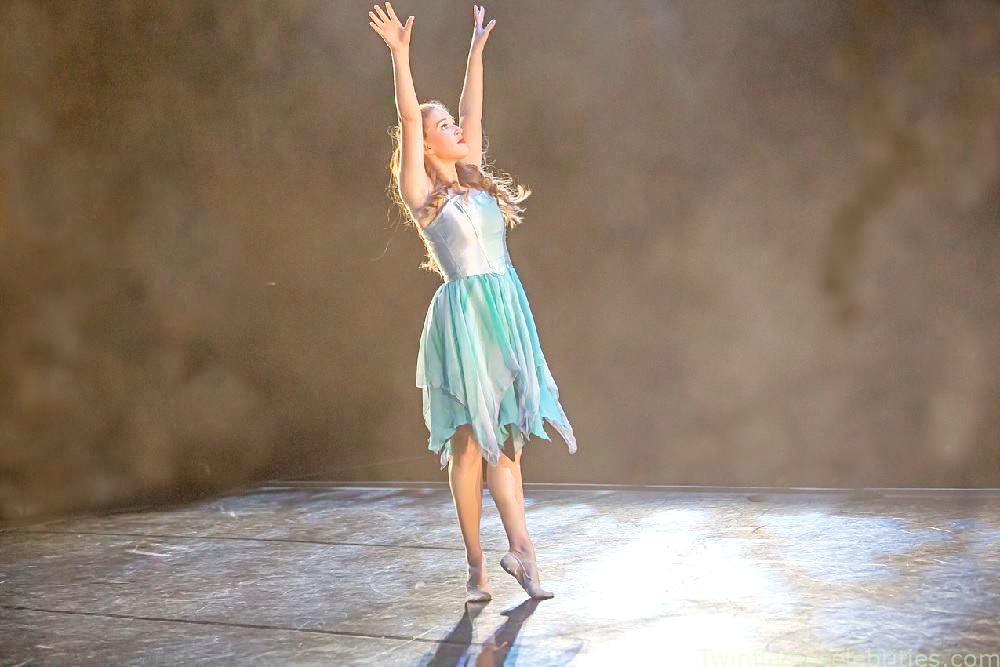
- Virtual and Hybrid Talent Shows
In response to recent global events, virtual and hybrid talent shows have gained immense popularity. These formats allow for broader participation and cater to children who may face challenges in attending in person. Key considerations include:
a. Online Platforms: Using platforms like Zoom or YouTube, kids can showcase their talents remotely. Parents, family, and friends can join from anywhere in the world, increasing the audience size and interaction.
b. Pre-recorded Performances: Allowing children to prepare and record their acts can alleviate anxiety associated with live performances. This format offers additional creative opportunities as kids can use editing tools to enhance their presentations.
c. Blending Formats: Combining live and virtual elements can cater to diverse preferences. For example, local performers can perform live while allowing remote participants to join virtually, creating a seamless experience for all.

Conclusion
Talent shows for kids play a significant role in fostering creativity, confidence, and social interaction. By embracing diversity in talent categories, encouraging audience participation, implementing themes, and exploring virtual formats, organizers can create rewarding experiences for children. Such events not only build confidence but also nurture a sense of community by bringing families and friends together. As we look to the future, the potential for talent shows to evolve further with technology and changing societal dynamics remains vast. By focusing on inclusivity and creativity, talent shows can continue to inspire children.
In conclusion, talent shows can be a transformative experience for children, enriching them through performance arts and community engagement. By implementing these ideas effectively, schools and communities can celebrate the extraordinary abilities of children, ensuring that every participant shines in their unique way.
